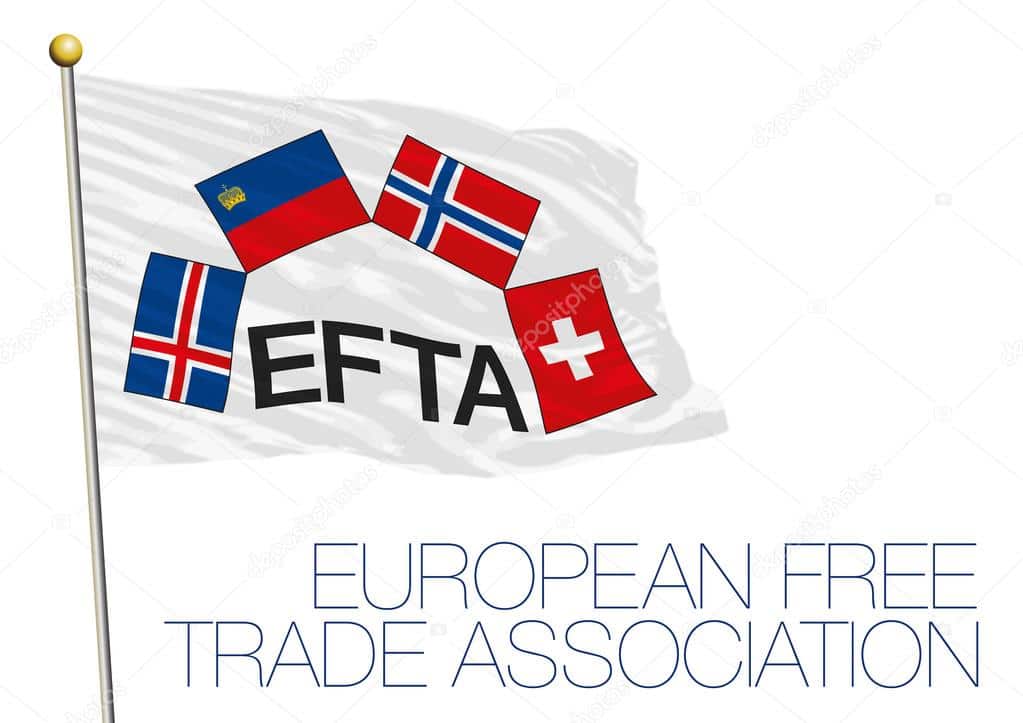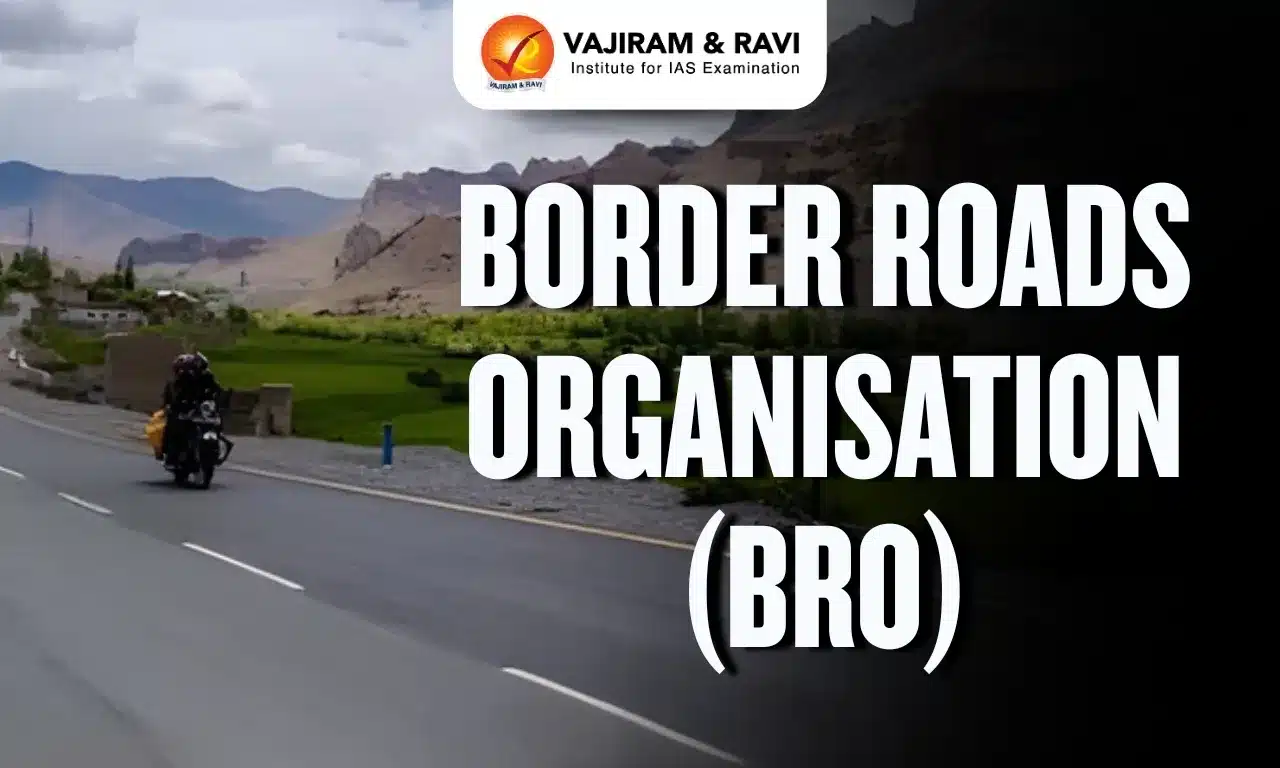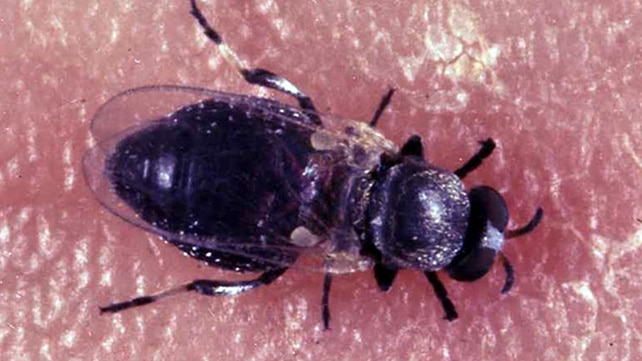About European Free Trade Association (EFTA)
- It is an intergovernmental organization established in 1960 by the Stockholm Convention.
- Objective: Promotes free trade and economic integration between its members within Europe and globally.
- Member Countries:
- EFTA currently has four member countries: Iceland, Liechtenstein, Norway, and Switzerland.
- The EFTA members are all open, competitive economies committed to the progressive liberalization of trade in the multinational arena as well as in free trade agreements.
- In contrast to the European Union (EU), EFTA is not a customs union. This means that the individual EFTA States are free to set their own customs tariffs and arrange other foreign trade measures vis-à-vis the non-EFTA States.
- The association is responsible for the management of:
- the free trade between the EFTA countries;
- EFTA’s participation in the European Economic Area (EEA), which includes the European Union and three EFTA countries (Iceland, Liechtentstein, and Norway, but not Switzerland);
- EFTA’s worldwide network of free trade agreements.
- The EFTA countries have developed one of the largest networks of Free Trade Agreements (FTAs). These FTAs span over 60 countries and territories, including the EU.
- Governance Structure:
- EFTA’s highest governing body is the EFTA Council. It generally meets eight times a year at the ambassadorial level and twice a year at the ministerial level.
- The headquarters of the EFTA Secretariat is located in Geneva. It assists the EFTA Council in the management of relations between the 4 EFTA States and deals with the negotiation and operation of EFTA’s FTAs.
- EFTA Surveillance Authority (ESA): It monitors compliance with European Economic Area (EEA) rules in Iceland, Liechtenstein, and Norway.
- EFTA Court: It is based in Luxembourg and has the competence and authority to settle internal and external disputes regarding the implementation, application, or interpretation of the EEA agreement.
Q1) What is a Customs Union?
Customs unions are groups of countries that apply one common system of procedures, rules and tariffs for all or almost all their imports, exports and transiting goods. Usually, countries participating in customs unions share common trade and competition policies.
Source: Optimistic about wrapping up EFTA deal with India before 2024 polls: Swiss envoy
Last updated on November, 2025
→ Check out the latest UPSC Syllabus 2026 here.
→ Join Vajiram & Ravi’s Interview Guidance Programme for expert help to crack your final UPSC stage.
→ UPSC Mains Result 2025 is now out.
→ UPSC Notification 2026 is scheduled to be released on January 14, 2026.
→ UPSC Calendar 2026 is released on 15th May, 2025.
→ The UPSC Vacancy 2025 were released 1129, out of which 979 were for UPSC CSE and remaining 150 are for UPSC IFoS.
→ UPSC Prelims 2026 will be conducted on 24th May, 2026 & UPSC Mains 2026 will be conducted on 21st August 2026.
→ The UPSC Selection Process is of 3 stages-Prelims, Mains and Interview.
→ UPSC Result 2024 is released with latest UPSC Marksheet 2024. Check Now!
→ UPSC Prelims Result 2025 is out now for the CSE held on 25 May 2025.
→ UPSC Toppers List 2024 is released now. Shakti Dubey is UPSC AIR 1 2024 Topper.
→ UPSC Prelims Question Paper 2025 and Unofficial Prelims Answer Key 2025 are available now.
→ UPSC Mains Question Paper 2025 is out for Essay, GS 1, 2, 3 & GS 4.
→ UPSC Mains Indian Language Question Paper 2025 is now out.
→ UPSC Mains Optional Question Paper 2025 is now out.
→ Also check Best IAS Coaching in Delhi

















